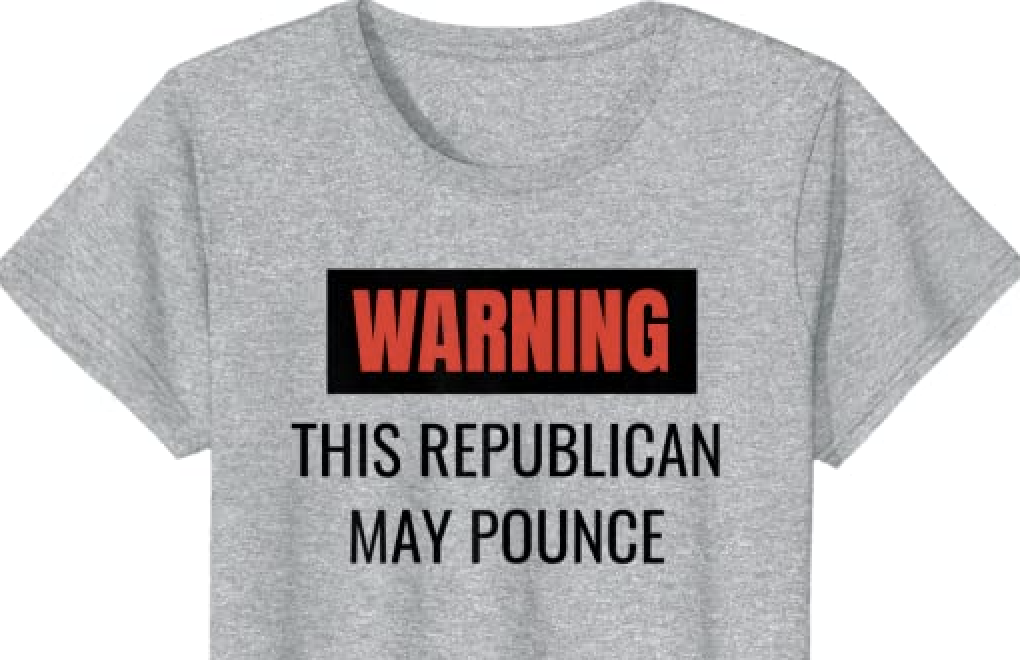During the private funeral of her husband, Queen Elizabeth II sat alone near the St. George's Chapel altar, socially distanced from her family and wearing a black pandemic mask.
This searing portrait of grief moved viewers worldwide. And as Prince Philip's casket was lowered into the Windsor Castle vault, singers chanted the Kontakion of the Departed, a tie to his Orthodox roots in Greece.
“Give rest, O Christ, to thy servant with thy saints," they sang, "where sorrow and pain are no more; neither sighing but life everlasting. … All we go down to the dust; and weeping o'er the grave we make our song: Alleluia, alleluia, alleluia."
Only 18 months later, Queen Elizabeth requested the same chant, in the same chapel. This time it marked the start of the committal liturgy which closed a 10-day wave of statecraft, vigils, memorials and processions preceding the majestic state funeral.
The queen's final, intimate Windsor Castle service began where her husband's had ended, as if one rite was flowing into another.
"Queen Elizabeth was one of those people in this mortal life who always thought ahead," said David Lyle Jeffrey, distinguished senior fellow at the Institute for Studies in Religion at Baylor University. When preparing these rites, the queen was "clearly looking for prayers, scriptures and hymns that made connections she wanted to make for her family, her people and the world. … I think she succeeded brilliantly."
An Anglican from Canada, Jeffrey said the events closing the queen's historic 70-year reign were an appropriate time to explore the "essence of her admirable Christian character." Thus, the retired literature professor wrote a poem after her death -- "Regina Exemplaris (An exemplary queen)" -- saluting her steady, consistent faith. It ended with:








